The list of top 10 toughest exams in 2024 includes the UPSC Civil Service Exam, IIT JEE Entrance Exam, GATE, etc. The aspirants must know the basic information on each exam to make well-informed decisions.
Table of Contents
- 1. UPSC Civil Service Entrance Exam
- 2. National Defense Academy (NDA)
- 3. Common Admission Test (CAT)
- 4. Common Law Admission Test (CLAT)
- 5. University Grants Commission National Eligibility Test (UGC-NET)
- 6. National Eligibility Cum Entrance Test (NEET)
- 7. National Institute of Design Entrance Examination
- 8. Graduate Aptitude Test in Engineering (GATE)
- 9. IIT JEE Entrance Examination
- 10. Chartered Accountant Exams (CA)
- Top 10 Toughest Exams in India 2024: Difficulty Level
Top 10 Toughest Exams in India 2024: The toughest exams in India are the UPSC Civil Service Entrance Examination, the National Defense Academy (NDA), the Common Admission Test (CAT), the Common Law Admission Test (CLAT), the University Grants Commission National Eligibility Test (UGC-NET), and more.
The toughest exams in India are tabulated below on the crucial parameter of selection rate. These exams are framed to measure aptitude, mental stability, and technical skills. They are conducted either online or offline, and the questions are either objective or Descriptive.
| Exam Name | No.of.Applicants in 2024 (Approx) | Fee (INR) |
| UPSC Civil Service Entrance Examination | 13,00,000 | Rs. 100 (General/OBC male candidates), no fee for Rs. 100 (SC/ST/PwBD/Women candidates). |
| National Defense Academy (NDA) | 6,50,000 | Rs. 100 (SC/ST/Sons of JCOs/NCOs/ORs exempted), Rs. 100 (General/OBC candidates). |
| Common Admission Test (CAT) | 2,90,000 | Rs. 2200 (General/EWS/NC-OBC candidates), Rs. 1100 (SC/ST/PwD candidates). |
| Common Law Admission Test (CLAT) | 2,75,000 | Rs. 4000 to 4500 (General/OBC candidates), Rs. 3500 (SC/ST candidates). |
| University Grants Commission National Eligibility Test (UGC-NET) | 9,45,000 | Rs. 1000 (General candidates), Rs. 500 (OBC-NCL/EWS candidates), Rs. 250 (SC/ST/PwD candidates). |
| National Eligibility Cum Entrance Test (NEET) | 21,00,000 | Rs. 5000 (General/OBC candidates), Rs. 3750 (SC/ST/PwD candidates). |
| National Institute of Design Entrance Examination | 15,000 | Rs. 1800 to 2000 (General/OBC candidates), Rs. 900 to 1000 (SC/ST candidates). |
| Graduate Aptitude Test in Engineering (GATE) | 8,00,000 | Rs. 1500 to 2000 (General/OBC candidates), Rs. 750 to 1250 (SC/ST/PwD candidates). |
| IIT JEE Entrance Examination | 11,00,000 | Rs. 2800 (General/OBC male candidates), Rs. 1400 (Female candidates), Rs. 1400 (SC/ST/PwD candidates). |
| Chartered Accountant Exams (CA) | 1,30,000 | CA Foundation:
|
|
||
CA Intermediate:
|
||
|
||
CA Final:
|
||
|
1. UPSC Civil Service Entrance Exam
The Union Public Service Commission administers the UPSC Civil Services Examination across the nation. This is the toughest exam in India. The purpose of this exam is to recruit applicants for the Government of India's various Civil Services.
These positions include the esteemed Indian Administrative Service (IAS), Indian Foreign Service (IFS), and Indian Police Service (IPS).
Eligibility Criteria: The candidate must be a graduate of a recognized university and a citizen of India, Nepal, or a subject of Bhutan.
Here is a quick overview of the UPSC exam:
| Particulars | Details |
| Conducting Authority | Union Public Service Commission, Government of India |
| Frequency | Once a Year |
| Mode of Exam | Offline |
| Exam Duration | Preliminary: 2 Hours each for GS-1 and CSAT Paper |
| Mains: 3 Hours each for 7 Papers | |
| Type of Questions | Prelims- Objective type |
| Mains- Descriptive type | |
| Maximum No. of Attempts Allowed | 6 |
| Official Website | www.upsc.gov.in |
Also, Check: How to Crack UPSC? Essential Tips and Techniques
2. National Defense Academy (NDA)
The national-level NDA exam is used to select eligible applicants to become officers in the Indian Army, Navy, and Air Force. Two NDA exam dates are held each year: April and September.
The candidates for NDA are picked based on a written examination, psychological aptitude test, intelligence test, personality test, and interview, and it is one of the toughest exams in India.
Eligibility Criteria: Candidates must be unmarried, fulfil physical and medical requirements, have passed the 10+2 or equivalent test, and be between the ages of 16.5 and 19.5.
Here is a quick overview of the NDA exam:
| Particulars | Details |
| Conducting Authority | Union Public Service Commission, Government of India |
| Frequency | Twice a year |
| Mode of Exam | Offline |
| Exam Duration | 5 hours in total |
| Mathematics Paper: 2 hrs 30 Minutes | |
| General Ability Test: 2 hrs 30 Minutes | |
| Type of Questions | Objective type |
| Maximum No. of Attempts Allowed | No attempt limit, age must be between 16 and 19 years |
| Official Website | www.upsc.gov.in |
Also, Check: NDA Selection Process
3. Common Admission Test (CAT)
The Common Admission Test, or CAT exam, is conducted by management institutes in India for applicants seeking admission to postgraduate management programs, including the Master of Business Administration (MBA).
To ascertain a candidate's readiness for management education and employment in business and administration, the exam evaluates their quantitative aptitude, verbal ability, logical reasoning, and data interpretation skills.
CAT entrance scores are accepted in all IIMs and other similar institutes and universities that offer MBA programs.
Eligibility Criteria: The candidate must have a Bachelor's degree from an accredited university or educational institution with at least 50% of the possible points or an equivalent CGPA (45% for SC/ST/PwD categories).
The CAT exam has no maximum age limit for participation.
| Particulars | Details |
| Conducting Authority | Indian Institute Of Management |
| Frequency | Once a Year |
| Mode of Exam | Online CBT mode |
| Exam Duration | 2 Hours |
| Type of Questions | Multiple Choice and TITA Questions |
| Maximum No. of Attempts Allowed | No Limit |
| Official Website | iimcat.ac.in |
Also Check: How to Crack CAT Exam? Preparation Tips
4. Common Law Admission Test (CLAT)
The CLAT Exam, or Common Law Admission Test, determines which candidates are eligible to be admitted to five-year programs such as Bachelor of Arts (Integrated with Law), Bachelor of Law, or Master of Law (LLM).
16 National Law Universities accept the scores a candidate obtains from CLAT exams in India.
Eligibility Criteria: The applicant must have scored at least 45% (40% for SC/ST applicants) on their 10+2 or equivalent exam from a recognized board.
Get a quick overview of the CLAT exam through the table below:
| Particulars | Details |
| Conducting Authority | National Law University Odisha (NLUO), Cuttack |
| Frequency | Once a Year |
| Mode of Exam | Offline mode |
| Exam Duration | 2 Hours |
| Type of Questions | Objective type Questions |
| Maximum No. of Attempts Allowed | No Limit |
| Official Website | www.consortiumofnlus.ac.in |
Also Check: CLAT Important Topics Weightage 2024
5. University Grants Commission National Eligibility Test (UGC-NET)
The University Grants Commission National Eligibility Test (UGC NET) is a national-level hiring exam conducted to select Assistant Professors and Junior Research Fellowship (JRF) candidates in Indian universities and colleges.
UGC NET-qualified candidates are permitted to teach at school and college levels in various Indian universities and colleges.
Eligibility Criteria: To be considered for a junior research fellowship, a candidate must have a master's degree or its equivalent with at least 55% of the possible points (or 50% for candidates who identify as SC, ST, PWD, or transgender) and be less than thirty years of age. Age is not a barrier to assistant professorships.
Find below the key highlights of UGC-NET:
| Particulars | Details |
| Conducting Authority | National Testing Agency (NTA) |
| Frequency | Once a Year |
| Mode of Exam | Online (CBT) |
| Exam Duration | Paper 1: 1 Hour 30 Minutes |
| Paper 2: 1 Hour 30 Minutes | |
| Type of Questions | Objective type Questions |
| Maximum No. of Attempts Allowed | No Limit |
| Official Website | ugcnet.nta.nic.in |
Also Check: How to Crack UGC NET Exam?
6. National Eligibility Cum Entrance Test (NEET)
The NEET Exam is a single medical entrance exam administered at the national level for admission to undergraduate medical programs. Its primary goal is to simplify the MBBS and BDS admissions procedure, and it is one of the toughest exams in India.
After clearing the NEET Exam, students are admitted to MBBS and BDS courses in government or private medical colleges across India.
Eligibility Criteria: The applicant must be at least 17 years old by December 31 of the year they are applying and must have scored 50% overall grade in class 12 Maths, physics, chemistry, biology/biotechnology, and English.
Let us take a look at the main highlights of NEET:
| Particulars | Details |
| Conducting Authority | National Testing Agency (NTA) |
| Frequency | Once a Year |
| Mode of Exam | Offline mode |
| Exam Duration | 3 Hours 20 Minutes |
| Type of Questions | Objective type Questions |
| Maximum No. of Attempts Allowed | No Limit |
| Official Website | neet.nta.nic.in |
Also, Check: How to Crack NEET Exam 2024?
7. National Institute of Design Entrance Examination
The National Institute of Design Entrance Examination, or the NID Design Aptitude Test, is a design assessment test focusing on aptitude. It is intended to check students' creativity levels in design.
Moreover, the paper consists of tricky questions, and the creative section involves highly subjective questions that are time-consuming and one of the toughest exams in India.
Eligibility Criteria: The candidate should have a Bachelor's Degree in any discipline from any recognized University or Institute across India
NID entrance is conducted to offer design course admissions to the following:
| Particulars | Details |
| Conducting Authority | National Institute of Design |
| Frequency | Once a Year |
| Mode of Exam | Offline mode |
| Exam Duration | 3 Hours |
| Type of Questions | Objective and Subject Type Questions |
| Maximum No. of Attempts Allowed | No Limit; Age must be under 20 years for UR and 22 years for SC/ST |
| Official Website | admissions.nid.edu |
Also, Check: NID Fee Structure & Courses List
8. Graduate Aptitude Test in Engineering (GATE)
The GATE Exam, or Graduate Aptitude Test in Engineering exam, is conducted to admit students into Master's and Doctoral courses in Engineering, Technology, Architecture, and Science.
Once obtained, the GATE score is valid for up to 3 years, starting from the announcement date. It's also accepted by selected government PSUs (Public Sector Undertakings).
Eligibility Criteria: Any undergraduate (UG) student enrolled in the third year or above of a government-approved degree program in engineering, technology, architecture, arts, commerce, or science is eligible to take the GATE exam.
Check out the table below for some quick insights on GATE:
| Particulars | Details |
| Conducting Authority | IIT Kanpur |
| Frequency | Once a Year |
| Mode of Exam | Online CBT mode |
| Exam Duration | 3 Hours |
| Type of Questions | Multiple Choice, Multiple Select, and Numerical Value Questions |
| Maximum No. of Attempts Allowed | No Limit |
| Official Website | gate.iitkgp.ac.in |
Also Check: GATE Online Coaching 2024
9. IIT JEE Entrance Examination
IIT-JEE is an engineering entrance exam that allows students to gain admission into the top engineering institutes in India. Students seeking admissions at centrally-funded technical institutions are shortlisted based on two core levels of IIT-JEE: JEE Main and JEE Advanced.
Eligibility Criteria: Candidates in the general category need to receive at least 75% of the in their class 12th exam. The minimum aggregate criteria for candidates who belong to SC/ST is 65%.
The table below presents the key highlights of IIT JEE:
| Particulars | Details |
| Conducting Authority | National Testing Agency (NTA) |
| Frequency | Twice a year |
| Mode of Exam | Online CBT mode |
| Exam Duration | 3 Hours |
| Type of Questions | Objective Type and Numerical Value Questions |
| Maximum No. of Attempts Allowed | No Limit |
| Official Website | jeemain.nta.nic.in |
Also Check: Important Topics for JEE Main and Advanced 2024
10. Chartered Accountant Exams (CA)
The Chartered Accountant Exam is undoubtedly one of the toughest exams in India. The content and format of the ICAI CA exam are intended to instruct students in handling accounting, taxation, and legal paperwork.
Those who wish to become chartered accountants must pass all three of these levels (CPT, IPCC, and CA Final Examination). After receiving their CA certification, candidates can also start their own auditing business and begin providing audit services to clients.
Eligibility Criteria: The applicant must have scored at least 60% (55% for SC/ST applicants) on their 10+2 or equivalent exam from a recognised board.
The table below summarises the essential information related to the CA exam:
| Particulars | Details |
| Conducting Authority | Institute of Chartered Accountancy |
| Frequency | Multiple times in a year |
| Mode of Exam | Offline mode |
| Exam Duration | 3 Hours 20 Minutes |
| Type of Questions | Objective and Subjective Type Questions |
| Maximum No. of Attempts Allowed | No Limit |
| Official Website | www.icai.org |
Also, Check: How to Prepare for CA Foundation?
Top 10 Toughest Exams in India 2024: Difficulty Level
The top 10 toughest exams in India have certain reasons for being difficult and challenging for students to attempt and crack to have a smooth career path in the future. The aspiring students can check the table given below to understand the difficulty level of each examination.
| Name of the Competitive Exam | Selection Rate 2024 | Reason for Difficulty |
| UPSC Civil Service Entrance Examination | 0.1% to 0.3% | UPSC's difficulty is based on an extensive syllabus, subjective evaluation, unpredictable question patterns, high competition, and the need for a deep understanding of diverse subjects, including current affairs. Additionally, there is a multi-stage selection process—the Preliminary Examination, Main Examination, and Personality Test—and the selection rates are very low compared to other tough competitive exams. |
| National Defense Academy (NDA) | 0.10% | The difficulty of the NDA exam depends on the recruitment vacancy. Usually, the difficulty level is moderate to difficult. In addition to the examination, the students will have rigorous mental and field training, which is usually intensive and demanding. |
| Common Admission Test (CAT) | 2% | The CAT exam difficulty level is usually moderate to challenging. If the students are not good at Math or Logical reasoning, the question paper will be tough. |
| Common Law Admission Test (CLAT) | 3% | The CLAT exam is moderate to difficult. If the students start their preparation earlier, practice sample papers, and attempt mock online exams, they tend to secure good scores. |
| University Grants Commission National Eligibility Test (UGC-NET) | 6% | The UGC-NET exam is quite challenging. The syllabus and time management make it more difficult. The toughest subjects are Philosophy, Economics, and Political Science. |
| National Eligibility Cum Entrance Test (NEET) | 7% to 8% | The difficulty of the NEET exam depends on the question paper of the particular year. On average, it is easy to moderate. The Physics and Chemistry papers are quite lengthy, which makes it difficult for students to finish the whole paper on time. |
| National Institute of Design Entrance Examination | 8% to 10% | The NID exam is easy to moderate in general. The design and drawing sections of the examination expect high-level creativity in a short span of time, which makes the paper moderately difficult. |
| Graduate Aptitude Test in Engineering (GATE) | 18% | The difficulty level of the GATE exam is based on the sections—usually, the aptitude and logic reasoning sections consume time, making the paper difficult. |
| IIT JEE Entrance Examination | 24.26% | The IIT JEE Main exam is moderate to challenging. To crack it, students must practice a lot of question papers, manage their time, and start their exam preparation early. |
| Chartered Accountant Exams (CA) | 24.98% | CA is difficult to crack. The first level, CPT or CA Foundation, is relatively easier compared to the CA Intermediate and CA Final examinations. Students usually take multiple attempts to crack CA. The exam requires undivided focus, dedication, and a lot of time to prepare. |


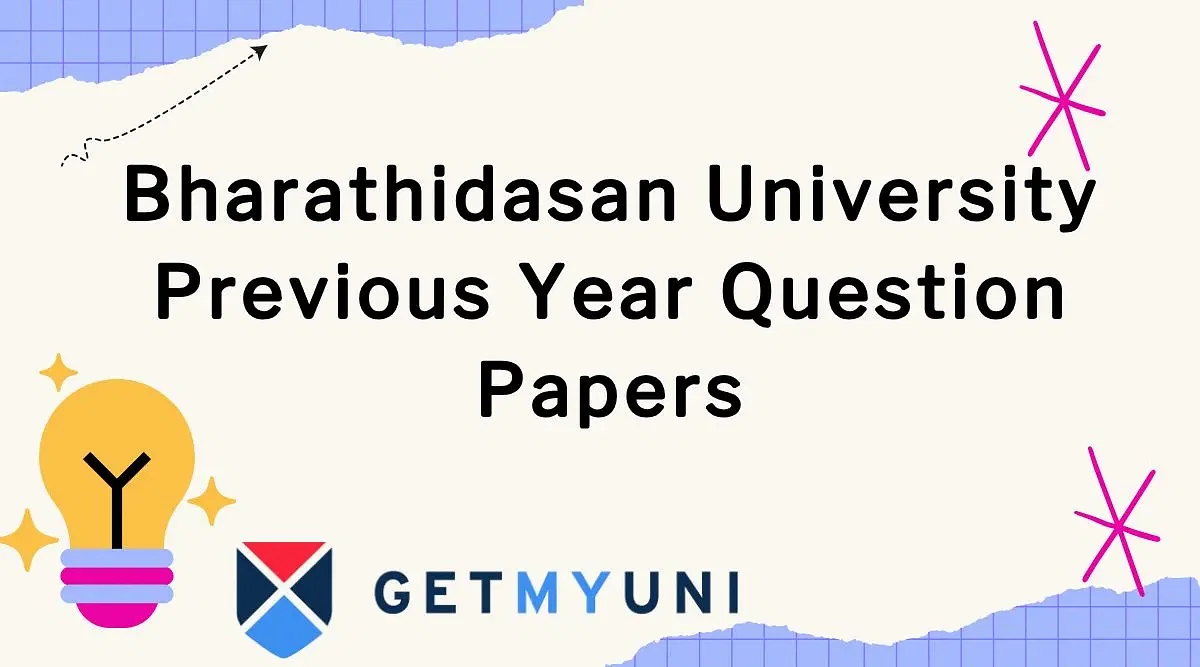
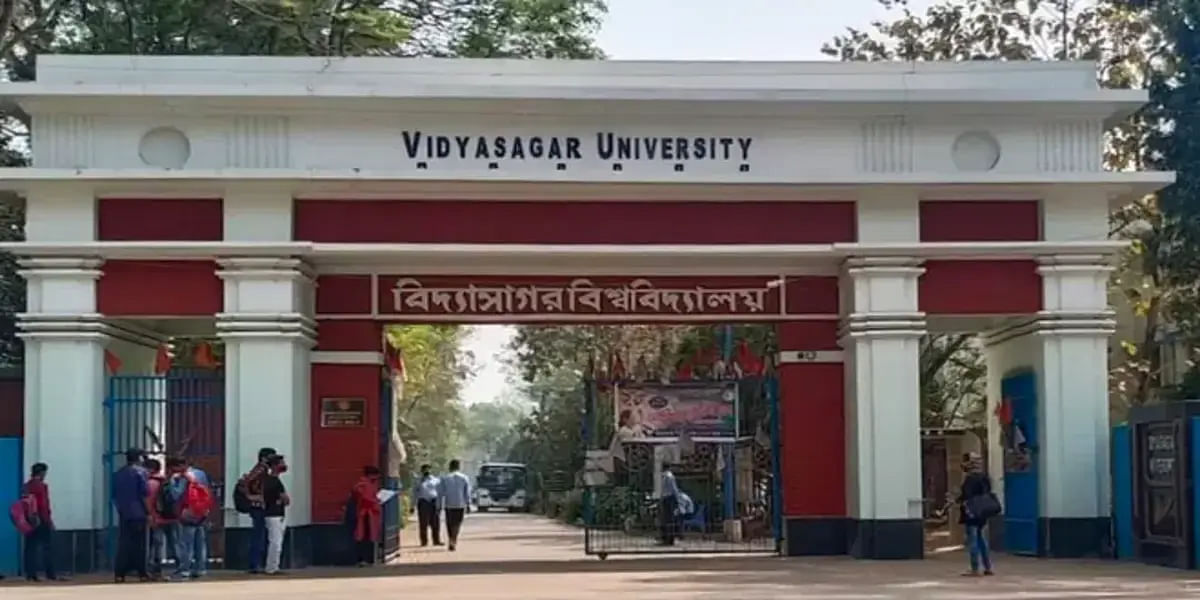



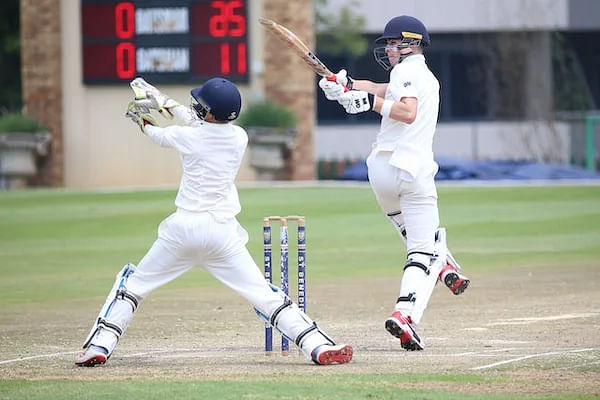
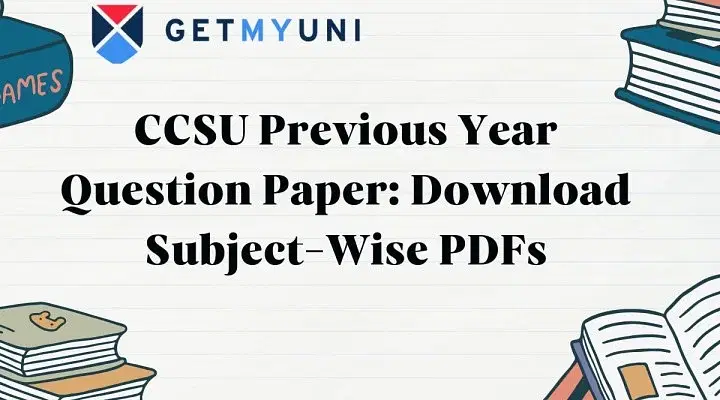



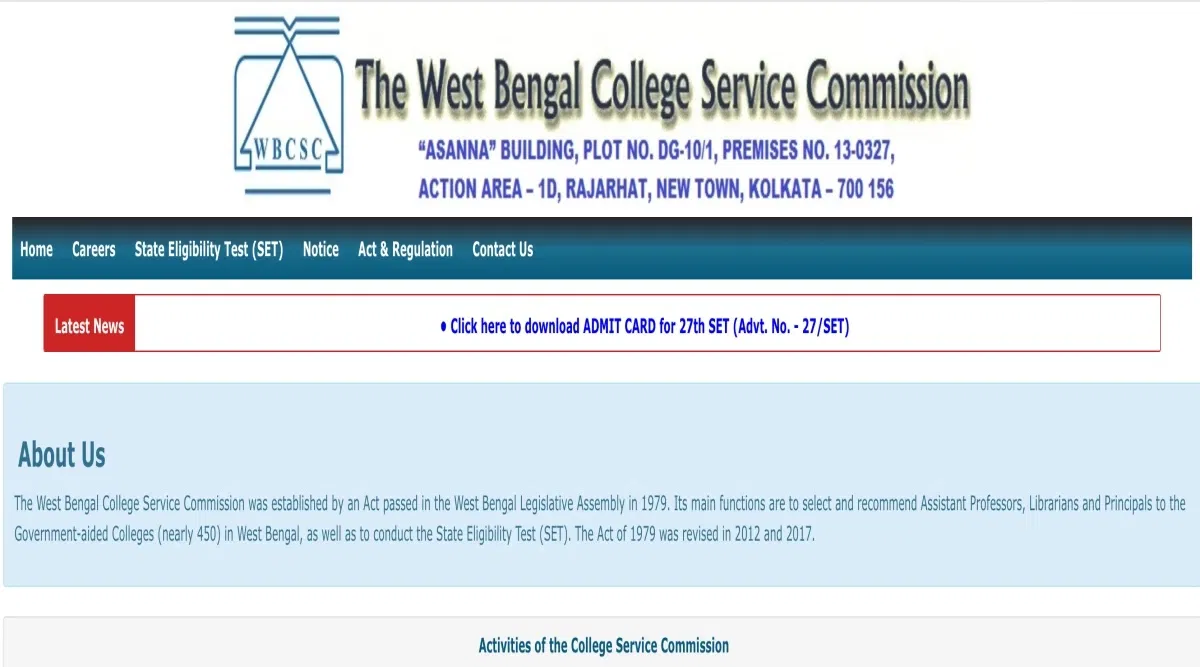
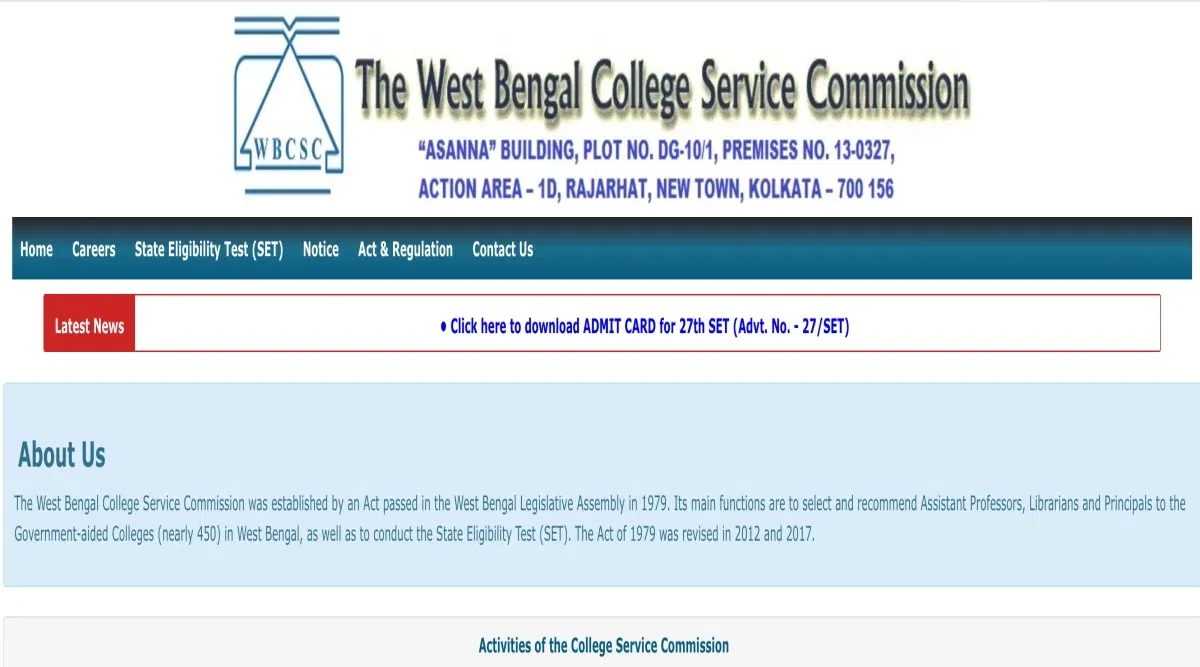

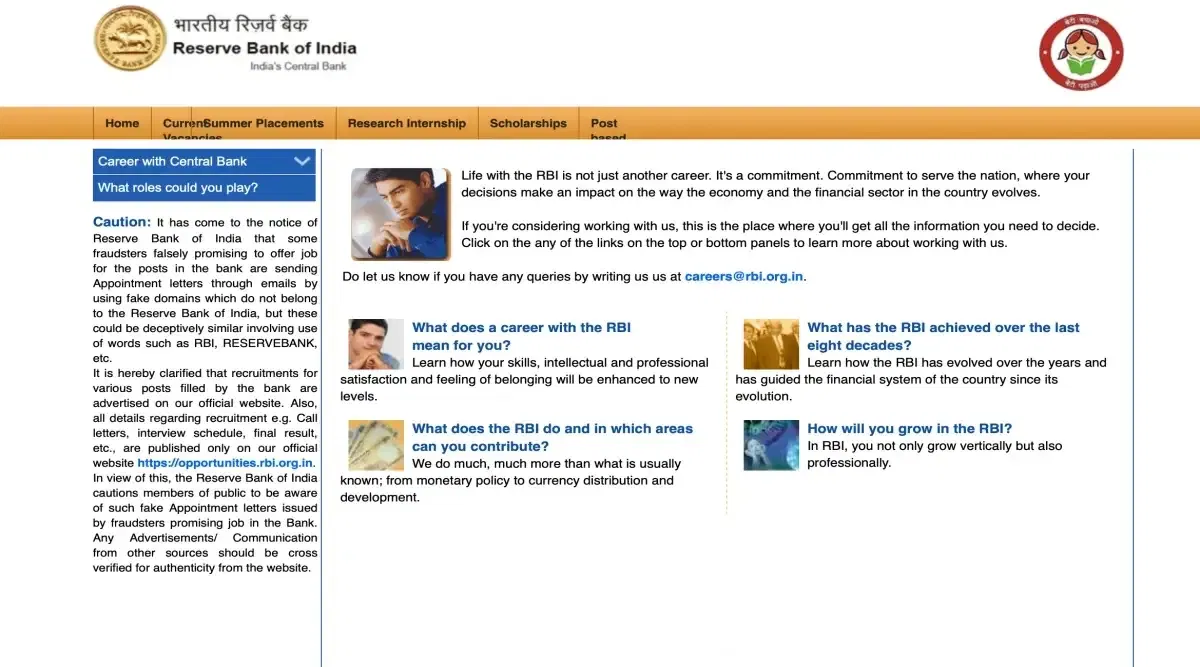

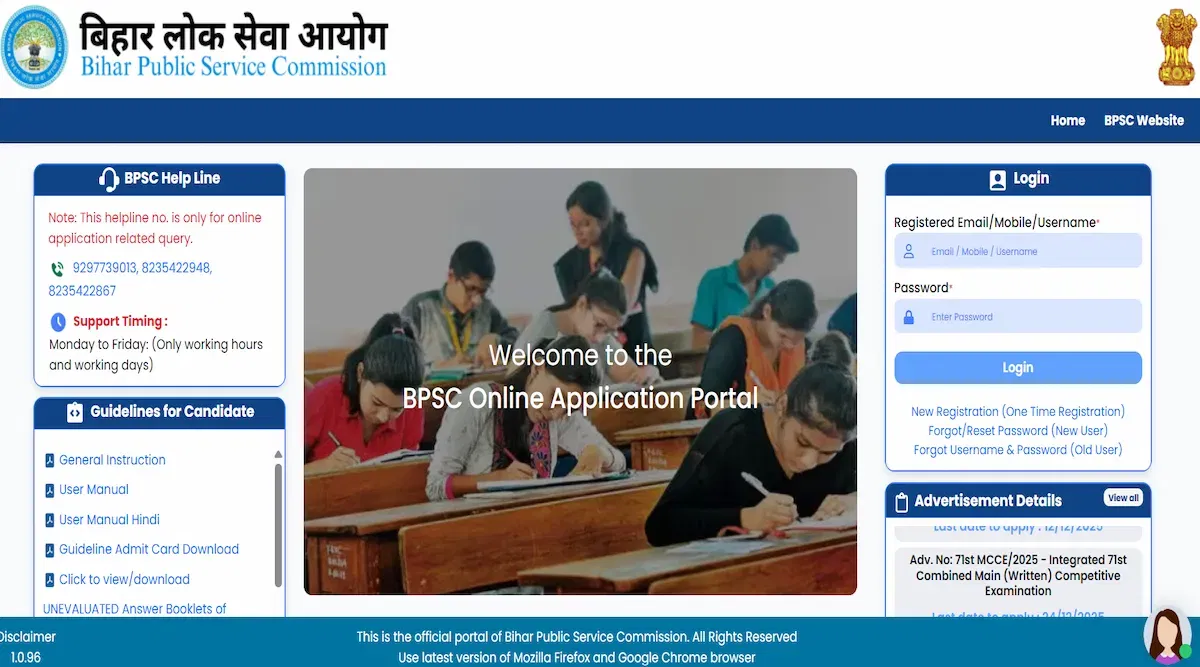





POST YOUR COMMENT